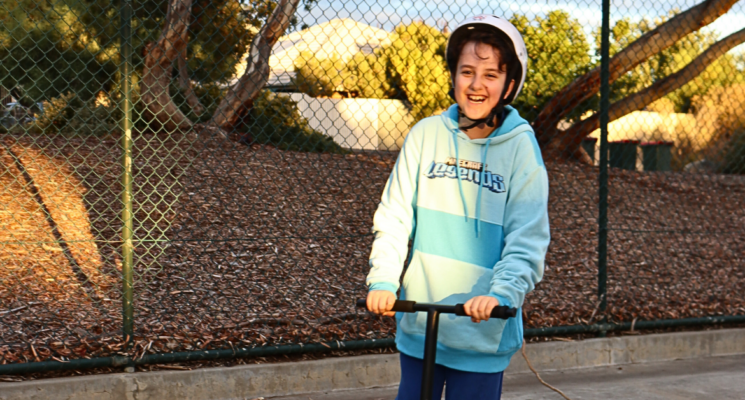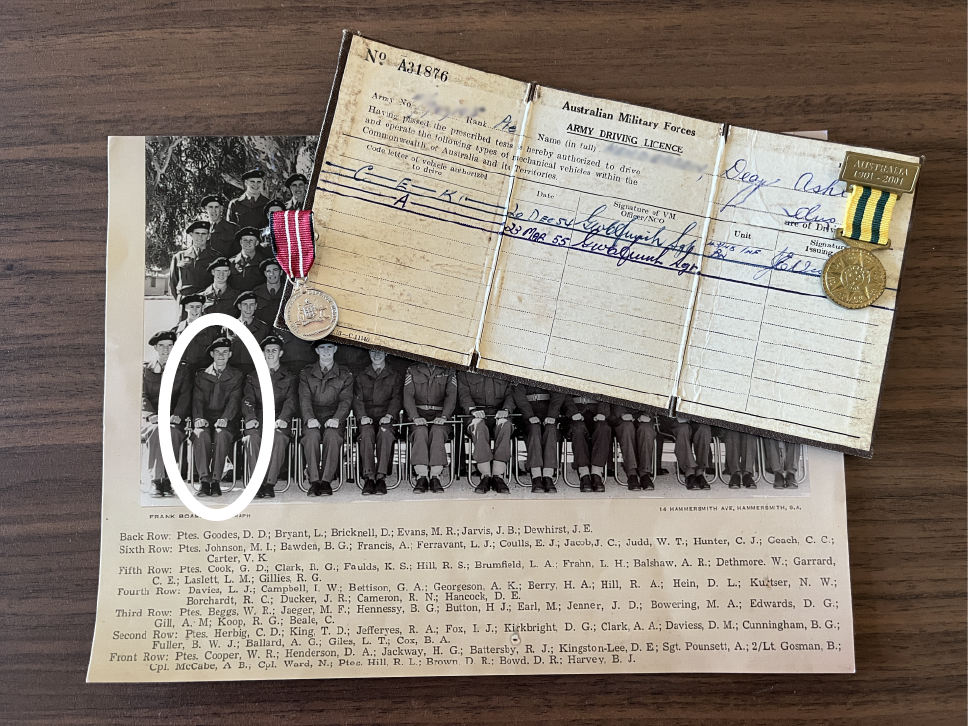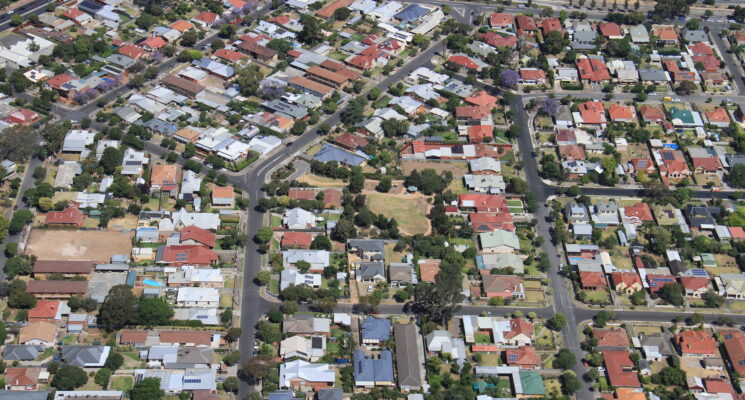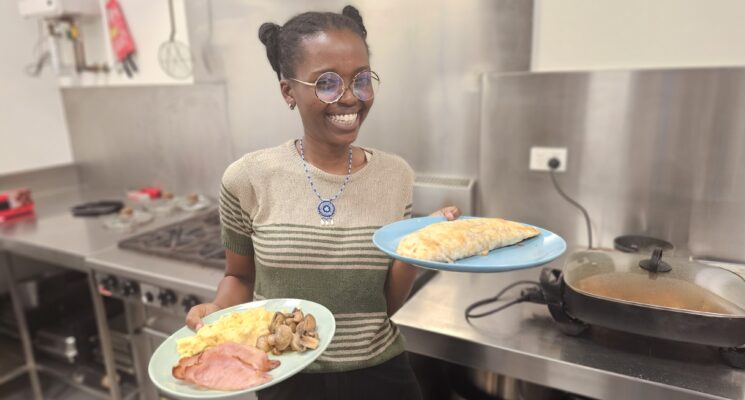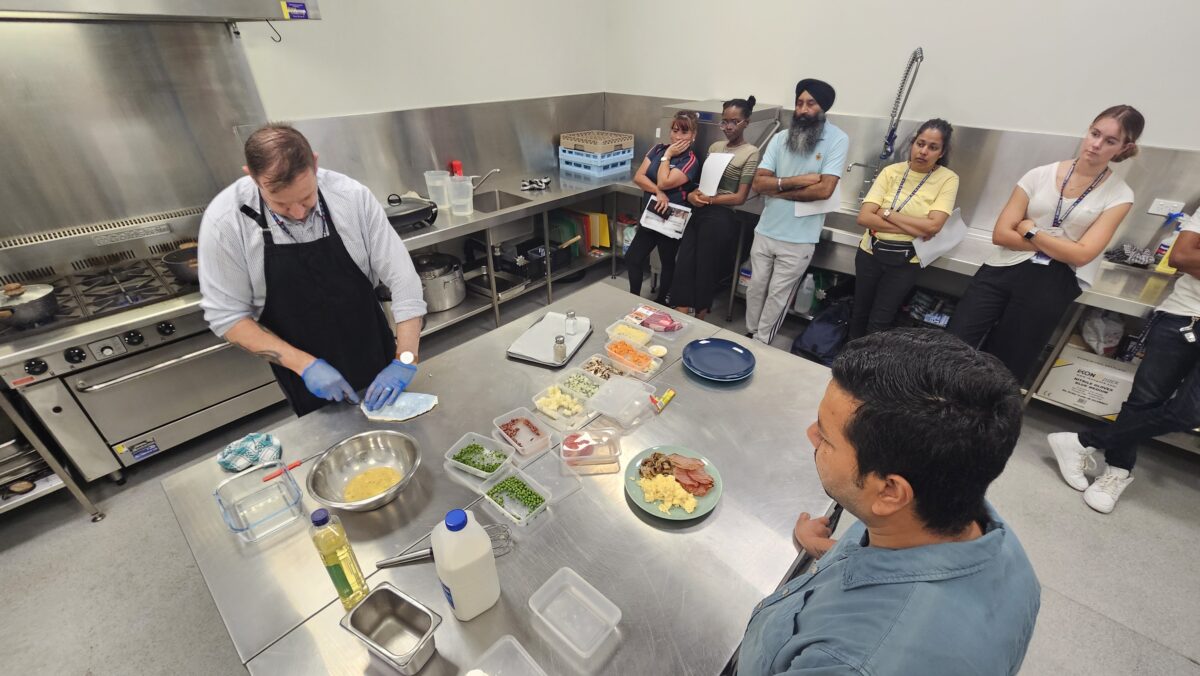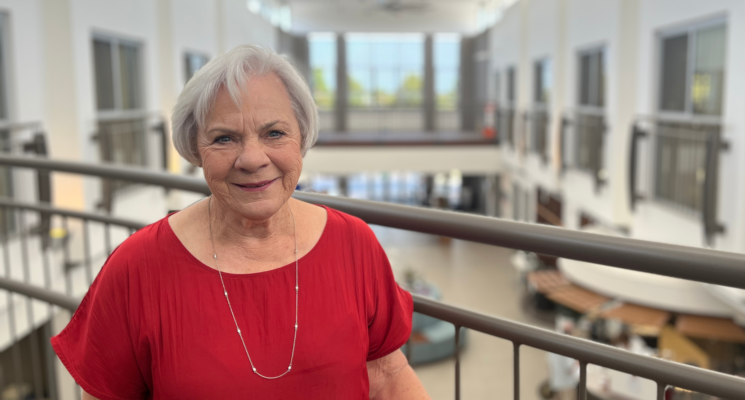
AnglicareSA’s Westbourne Park Residential Aged Care site is like Lynne’s second home.
“I feel like I have always been a part of this place,” Lynne said.
For more than 20 years, Lynne has been actively involved at the site – first as an employee, then as a volunteer when she retired.
A Westbourne Park local, there was no other place that Lynne would prefer to volunteer. Passionate about her community, she knew she could make a difference.
“I have an ability to interact with residents and find it to be my passion,” she said.
“Despite retiring, I was still returning to the site regularly to visit the residents I once cared for. I thought I should officially become a volunteer so I could continue catching up with the staff and residents.
“Westbourne Park was the obvious choice – this is where I feel completely comfortable.
“It’s rewarding as a volunteer to see the residents and know what I do makes a difference.”
Now, you’ll see Lynne – or maybe you’ll hear her singing echoing down the halls first – having a ball with the residents at her two monthly programs, Morning Tea with Friends, and Sing-along.
“I try to run programs that encourage the residents to reminisce,” Lynne said.
Volunteering in aged care has been a wonderful experience for Lynne and she encourages everyone to give it a try.
“The residents in aged care are just like you or me, except they’ve lived a longer life,” she said.
“Everyone should think about the skills they have and how they could use them to volunteer.”
Customer Wellness Coordinator Jennifer Pilling said the Westbourne Park team were grateful to have a volunteer like Lynne who makes such a difference with each visit.
“Lynne has dedicated so much of her time to care for others at Westbourne Park,” Jennifer said.
“She is wonderful with the residents and makes each one feel special and welcomed.”
You can Register Your Interest online here, or alternatively view our current volunteer opportunities here.
